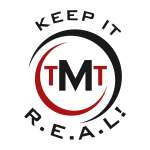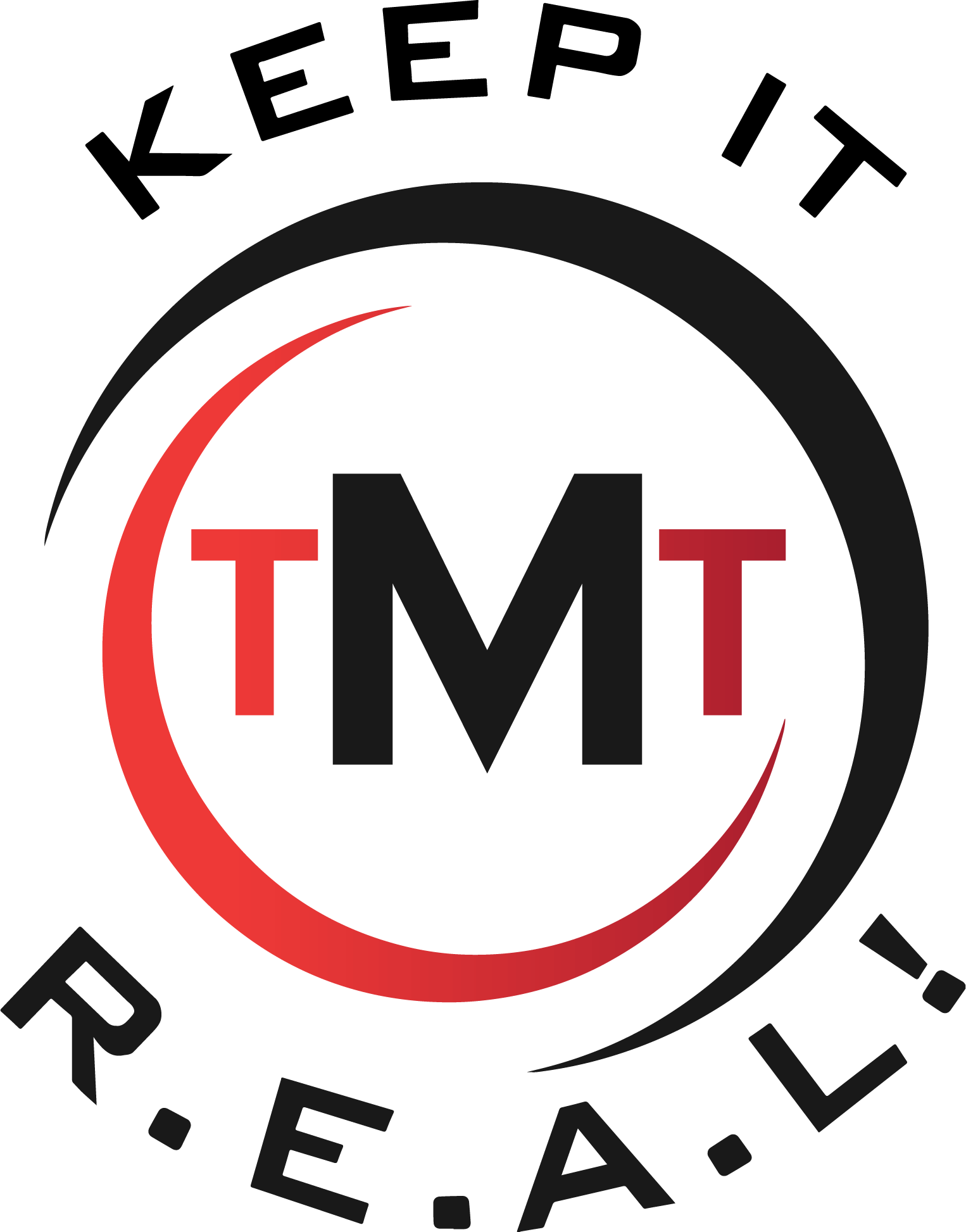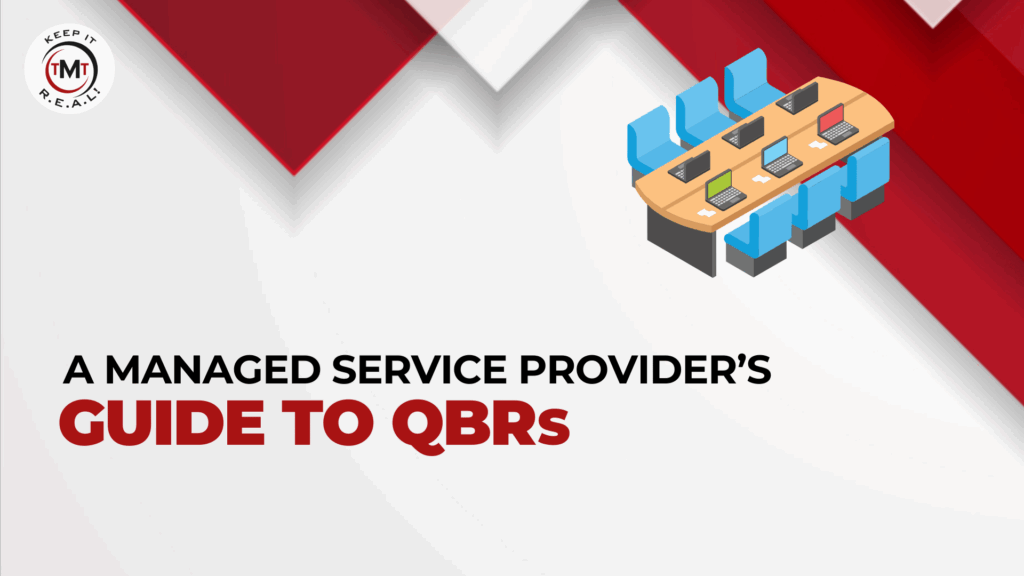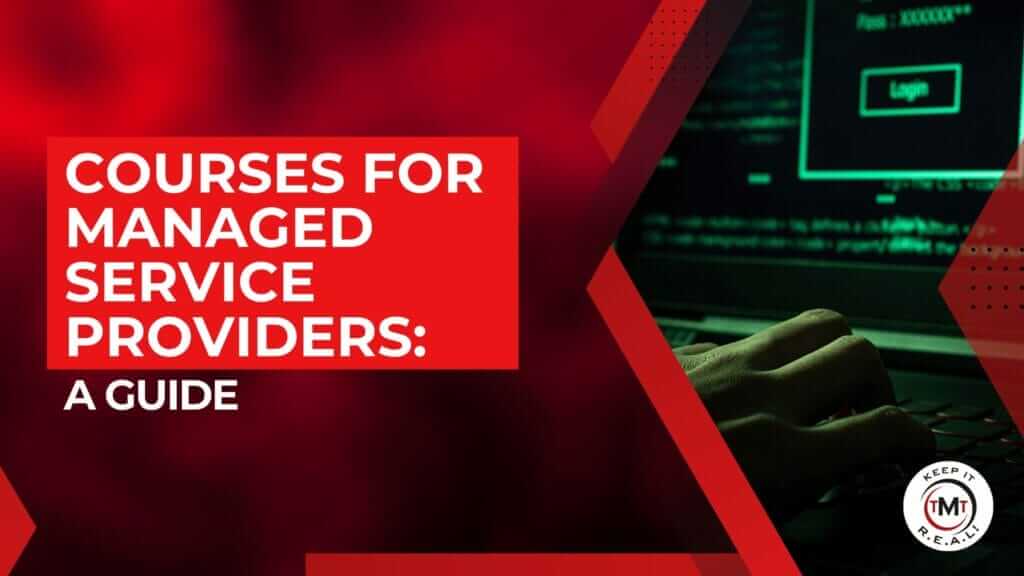Automation is revolutionizing the way Managed Service Providers (MSPs) operate in today’s fast-paced technology landscape. With the ever-increasing demand for seamless and efficient IT services, automation has emerged as a game-changer for MSPs, providing them with the tools and capabilities to deliver unmatched value to their clients. In this article, we will explore the concept of automation, its evolving role in technology, its intersection with MSPs, key automation tools for MSPs, and the future challenges and opportunities that lie ahead.
Understanding The Concept Of Automation
Before exploring the role of automation in the MSP industry, it is crucial to understand what automation truly means in the IT context. In its simplest form, automation refers to the use of technology to streamline and simplify processes, reducing manual labor and increasing operational efficiency. By automating repetitive and time-consuming tasks, MSPs can free up their valuable resources and focus on strategic planning and delivering exceptional IT services to their clients.
Defining Automation In The IT Context
In the IT context, automation involves the use of software, scripts, or tools to perform tasks that would otherwise require manual intervention. These tasks can range from routine maintenance and monitoring activities to complex workflows and incident management processes. By leveraging automation, MSPs can minimize human error, enhance speed and accuracy, and ensure consistent service delivery.
The Evolution Of Automation In Technology
Automation has come a long way since its inception. Initially limited to simple batch processing and script-based operations, automation has evolved into sophisticated systems capable of orchestrating complex workflows and managing an extensive range of IT tasks. With advancements in machine learning (ML), artificial intelligence (AI), and robotic process automation (RPA), automation has become smarter, more adaptive, and increasingly integral to modern MSP operations.
One of the key drivers behind the evolution of automation in technology is the need for businesses to keep up with the ever-increasing demands of the digital age. As organizations strive to stay competitive in a rapidly changing landscape, they require agile and efficient IT infrastructures. Automation plays a pivotal role in meeting these demands by enabling MSPs to scale their operations, improve service quality, and reduce costs.
Furthermore, automation is not limited to a specific industry or sector. It has found its way into various domains, including finance, healthcare, manufacturing, and even everyday life. From automated financial transactions and robotic surgeries to smart homes and self-driving cars, the impact of automation is pervasive and transformative.
The Intersection Of Automation And MSPs
The integration of automation into the MSP landscape has been a game-changer. By harnessing the power of automation, MSPs can scale their operations, enhance service delivery, and effectively meet the dynamic needs of their clients. Let’s explore how automation is transforming the MSP industry.
With the rapid advancement of technology, the role of automation in MSPs has become increasingly crucial. Automation is no longer just a tool, but a strategic enabler that allows MSPs to stay competitive in a fast-paced digital environment. By leveraging automation tools and platforms, MSPs can streamline their workflows, improve operational efficiency, and deliver services with unparalleled speed and accuracy.
How Automation Is Changing The MSP Landscape
Automation is shifting the paradigm for MSPs by enabling them to deliver services with greater efficiency, agility, and accuracy. From automating routine patch management and software updates to deploying virtual machines and provisioning cloud-based resources, MSPs can streamline their operations and minimize response times, ensuring seamless IT support and maximizing client satisfaction.
Additionally, automation plays a pivotal role in enabling MSPs to adapt to the evolving needs of their clients. By automating repetitive tasks and standardizing processes, MSPs can reallocate resources to focus on strategic initiatives and value-added services. This proactive approach not only enhances the overall client experience but also fosters long-term partnerships built on trust and innovation.
The Benefits Of Automation For MSPs
The benefits of automation for MSPs are plentiful. By automating core processes, MSPs can reduce human error, increase productivity, and enhance service quality. Automation also empowers MSPs to efficiently manage large-scale client environments, ensuring compliance, security, and standardization. Additionally, automation enables MSPs to proactively detect and resolve issues, ultimately reducing downtime and minimizing the impact on business operations.
Automation also opens up new opportunities for MSPs to diversify their service offerings and explore emerging technologies. By embracing automation-driven solutions, such as AI and ML, MSPs can deliver predictive maintenance, advanced analytics, and personalized services that cater to the unique needs of each client. This strategic adoption of automation not only differentiates MSPs in a competitive market but also future-proofs their business against technological disruptions.
Key Automation Tools For MSPs
To harness the full potential of automation, MSPs rely on a range of specialized tools and software. Let’s explore some of the key automation tools that are transforming the way MSPs deliver their services.
Automation Software For Efficient Service Delivery
Automation software, such as remote monitoring and management (RMM) platforms, allows MSPs to automate tasks like asset discovery, network monitoring, and performance management. These tools provide real-time insights, proactive alerts, and remote troubleshooting capabilities, enabling MSPs to optimize their service delivery and ensure the ongoing health and performance of their clients’ systems.
Automation software streamlines routine processes, such as patch management and software updates, reducing manual intervention and minimizing the risk of human error. By automating these tasks, MSPs can enhance operational efficiency, increase productivity, and deliver consistent service quality to their clients.
Automation In Cybersecurity For MSPs
Cybersecurity is a critical aspect of MSP operations, and automation plays a vital role in safeguarding client systems against ever-evolving threats. Automation tools for cybersecurity, such as security information and event management (SIEM) solutions and threat intelligence platforms, automate threat detection, incident response, and vulnerability management. This enables MSPs to provide robust protection to their clients and stay ahead of emerging threats.
Automation in cybersecurity enables MSPs to implement security best practices consistently across all client environments, ensuring compliance with industry regulations and standards. By automating security processes, MSPs can strengthen their defense mechanisms, detect and respond to security incidents swiftly, and fortify their clients’ infrastructure against cyber threats.
The Future Of Automation In MSPs
As technology continues to advance and reshape the IT landscape, the future of automation in MSPs looks promising. Let’s explore the exciting realm of automation within MSPs and explore some key trends and considerations as they prepare for the automated future.
Predicting Trends In Automation And MSPs
Emerging technologies, such as AI, ML, and natural language processing, are not just buzzwords, but transformative tools that are set to revolutionize automation capabilities within MSPs. These technologies hold the potential to streamline operations, improve efficiency, and drive innovation. MSPs must proactively monitor these trends and identify strategic opportunities to integrate automation into various facets of their service delivery.
The integration of automation in areas such as intelligent ticketing systems, predictive analytics for proactive issue resolution, and automated problem-solving algorithms can significantly enhance the overall service quality provided by MSPs. By harnessing the power of automation, MSPs can not only optimize their internal processes but also deliver enhanced value and actionable insights to their clients, thereby fostering stronger, more collaborative partnerships.
Preparing For An Automated Future In MSPs
As the automation trend continues to gain momentum, MSPs are faced with the imperative need to adapt and evolve in order to stay competitive in the dynamic IT landscape. To thrive in this automated future, MSPs must make strategic investments in cutting-edge automation tools, upskill their workforce to effectively leverage these technologies, and cultivate a culture of continuous learning and innovation.
Finding the optimal balance between automation and human intervention is crucial for MSPs. While automation can drive operational efficiency and scalability, human expertise and empathy remain irreplaceable in delivering personalized, high-touch services to clients. By striking a harmonious synergy between automation and human touchpoints, MSPs can achieve a harmonious blend of efficiency, agility, and client satisfaction that sets them apart in a rapidly evolving market.
Overcoming Challenges In Implementing Automation
While the benefits of automation are substantial, MSPs may encounter challenges during the implementation phase. Let’s explore some common concerns and strategies to ensure successful automation adoption.
Addressing Common Concerns About Automation In MSPs
Some common concerns around automation include the fear of job displacement, resistance to change, and uncertainties related to technology integration. MSPs can address these concerns through effective communication, comprehensive training programs, and by involving their workforce in the automation journey. By fostering a culture of collaboration and empowerment, MSPs can create an environment where automation enhances rather than threatens job roles.
It’s essential for MSPs to conduct regular feedback sessions with employees to address any apprehensions and gather insights on how automation can be further optimized to support their daily tasks. By involving team members in the decision-making process and showcasing the benefits of automation in streamlining workflows and reducing manual errors, MSPs can build trust and enthusiasm for automation initiatives.
Strategies For Successful Automation Implementation
To ensure successful automation implementation, MSPs should start with a well-defined automation strategy that aligns with their business objectives and client requirements. They should establish clear goals, identify automation opportunities, and prioritize areas where automation can deliver the most significant impact. MSPs should also establish robust testing and monitoring processes to validate and fine-tune automation workflows, ensuring optimal performance and continuous improvement.
Additionally, fostering a culture of innovation within the organization can further drive successful automation adoption. Encouraging employees to explore new technologies, share best practices, and participate in cross-functional automation projects can lead to a more agile and forward-thinking MSP environment. By nurturing a mindset of continuous learning and improvement, MSPs can adapt to evolving automation trends and stay ahead of the curve in delivering efficient and value-added services to clients.
Conclusion
Automation is transforming the way MSPs operate. By harnessing the power of automation, MSPs can streamline their operations, enhance service delivery, and exceed client expectations. Automation is no longer a luxury, but a necessity for MSPs aiming to thrive in the ever-evolving technology landscape. As MSPs continue to navigate the challenges and opportunities that automation presents, embracing a strategic and purposeful approach will enable them to unlock the full potential of automation and drive future success.
In addition to leveraging automation, effective marketing is crucial for MSPs to stand out in a competitive market. Marketing strategies tailored specifically for MSPs can help attract new clients, retain existing ones, and build a strong brand presence. Join Technology Marketing Toolkit’s next FREE MSP Marketing Training to learn how to harness the power of marketing and take your business to the next level!

